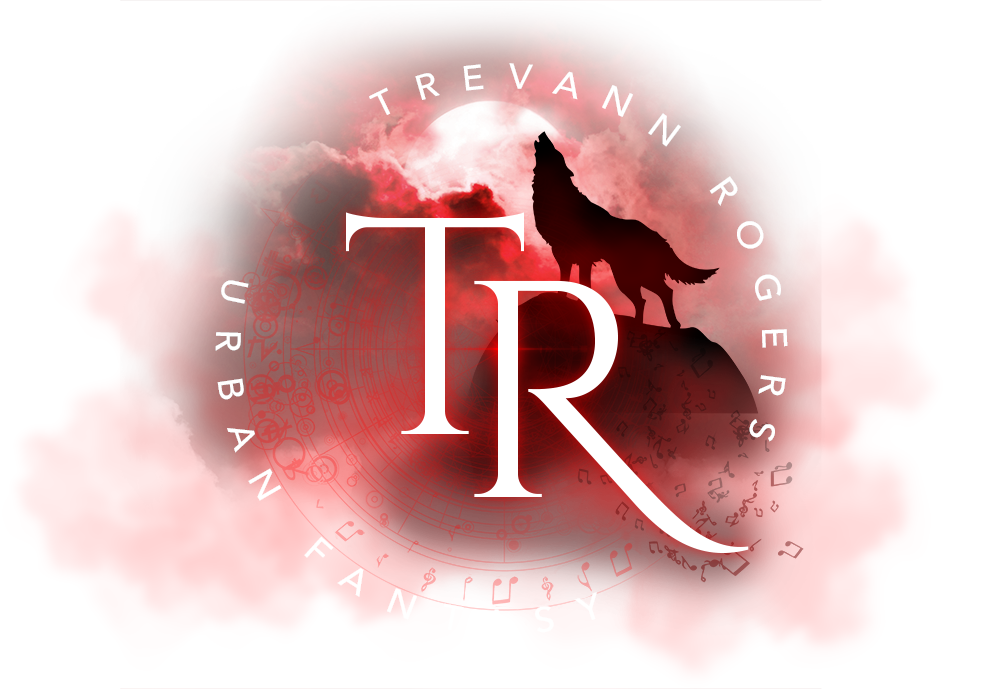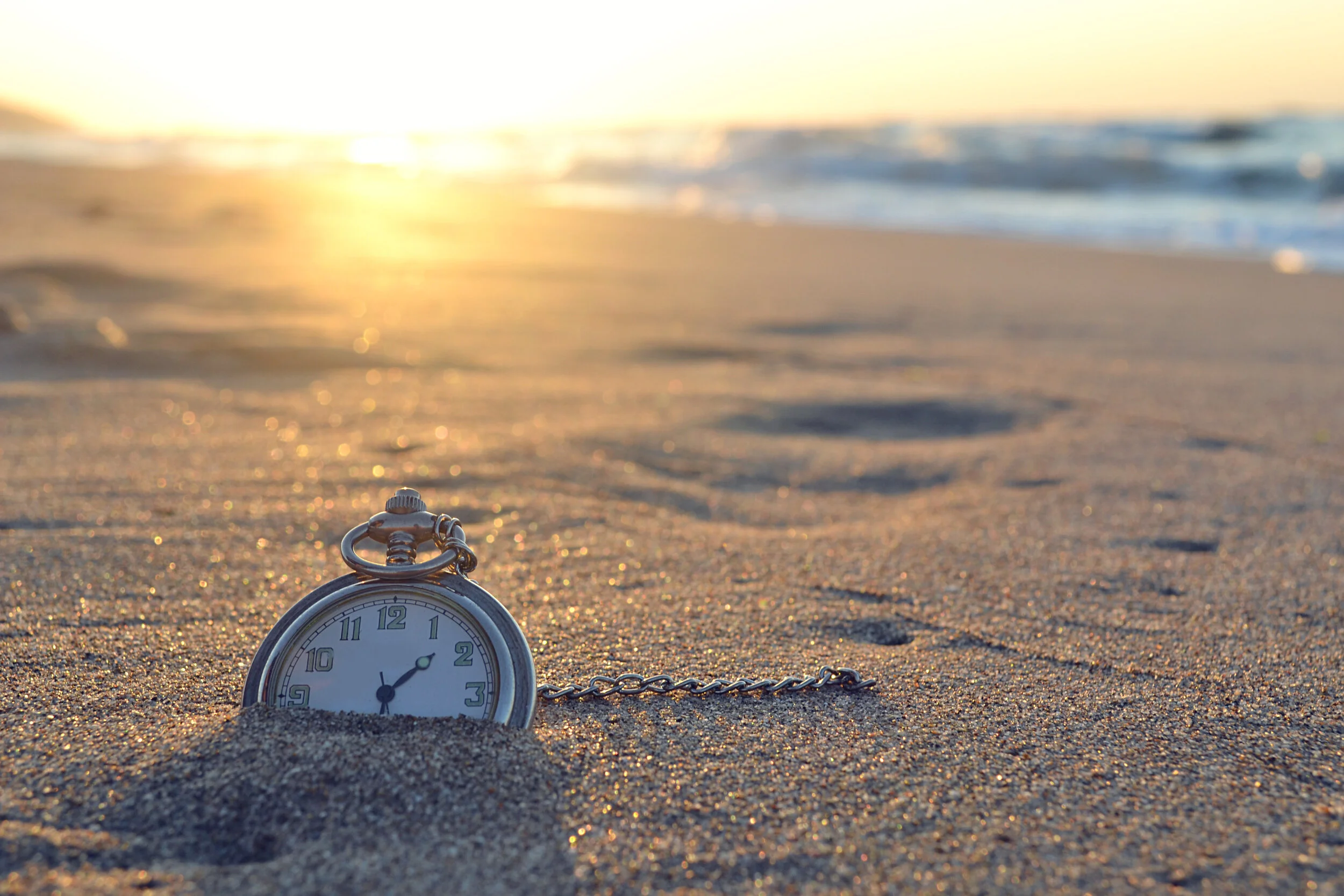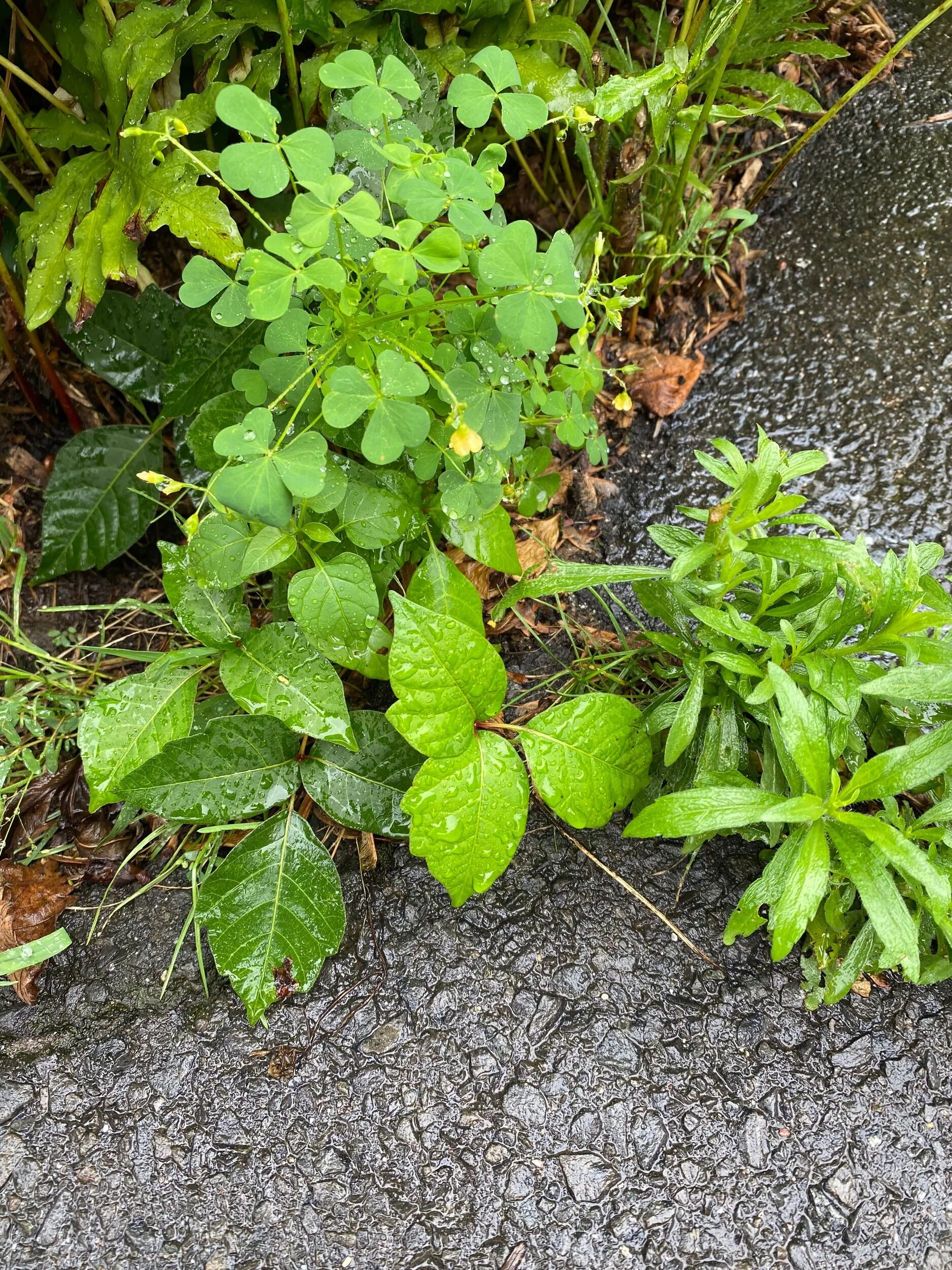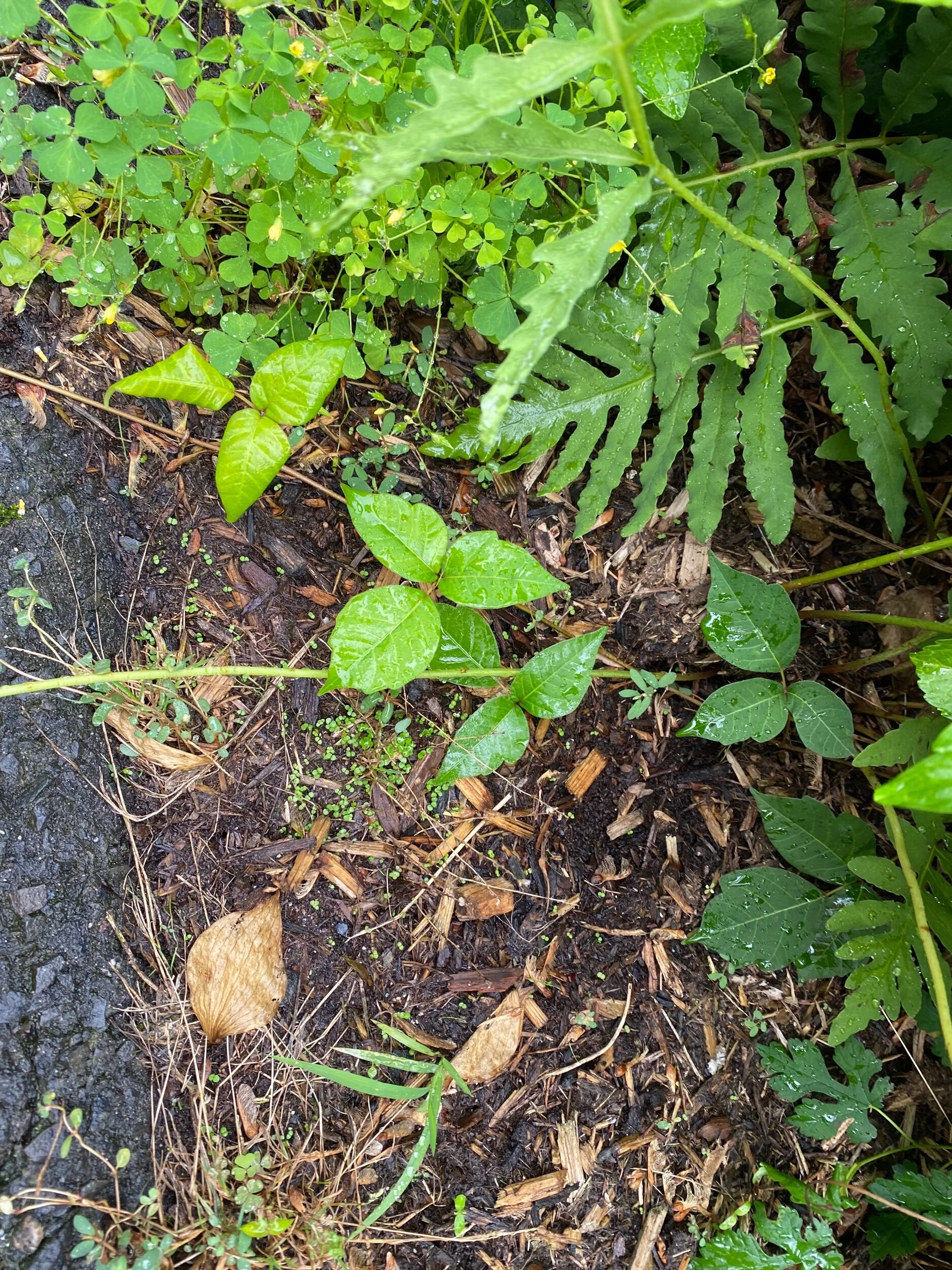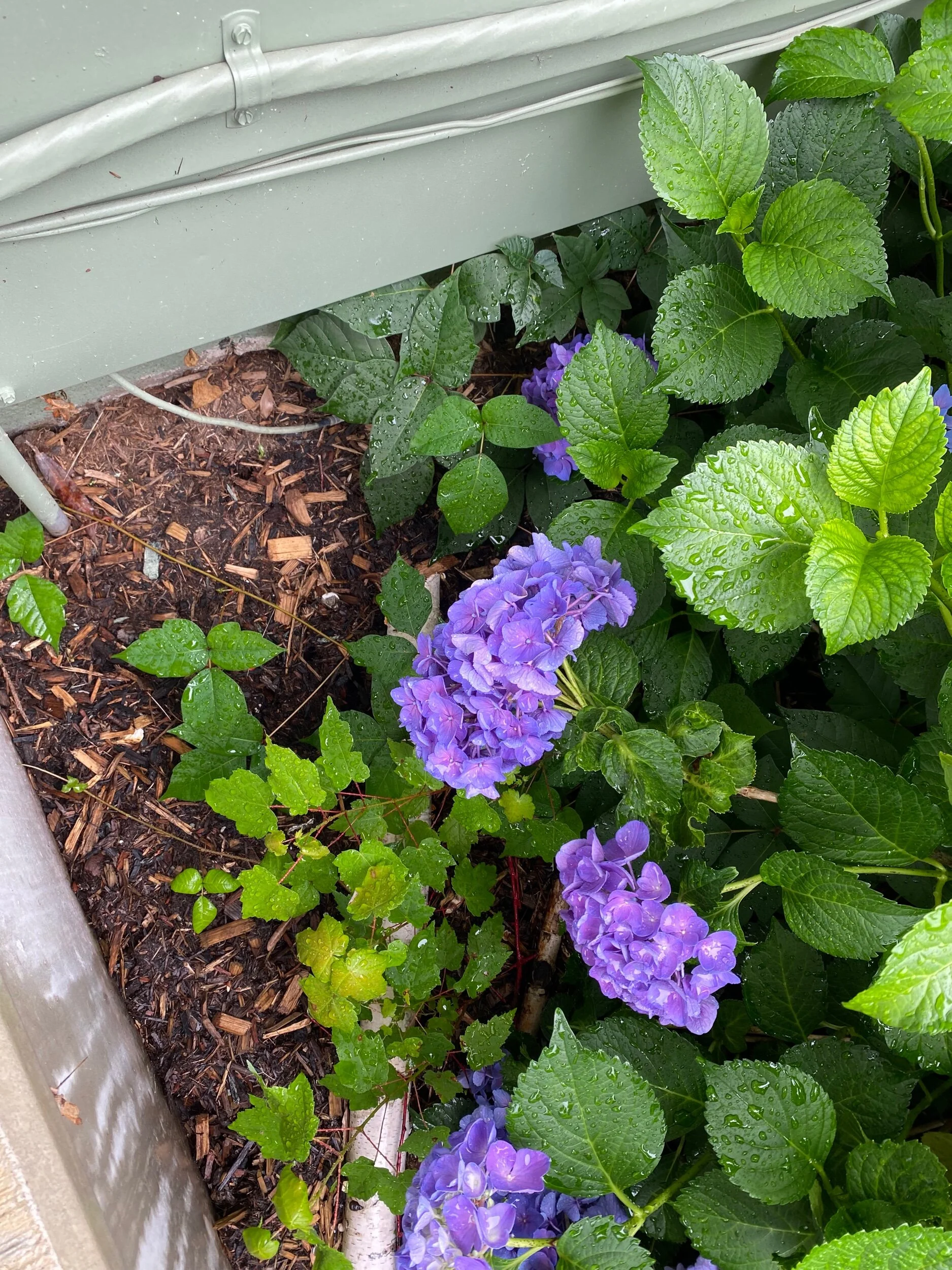Time Lost, Time Found
This blog post does not address the grief many of us experienced as our family and friends were lost to the ravages of COVID-19. It is not my intention to minimize our profound losses, but to offer perspective on time. My heart is with all of you.
TREVANN
It seems nearly every week for the last few months I’ve heard someone lament about life since the start of the pandemic. I can’t blame them. I’ve lamented too. The last year and a half has been surreal at best and at worst, lost time. Here are the Top Three Laments.
The COVID 15. Or as I call it the pandemic 20. There are probably a few reason for this community-wide weight gain. More people than ever were baking for the first time or honing their baking skills. We were also stress eating—this was stress unlike anything we’d experienced before.
The vicious cycle of anxiety-produced hyper-vigilance. We worry, wash hands continually, wipe down groceries, collect sanitizer and masks, and read too many articles about the virus.
Guilt we didn’t accomplish more. Many of us overachievers/compulsive workaholics have given serious thought to what we could achieve given a year of excess free time. And then, given the time, we didn’t do it.
De-conditioning. Active jobs became remote and sedentary. To add insult to injury we had no access to pools, gyms, and competitive sports.
As the world reopens (for better or worse), and people begin to go more places and do more things, the weight of grief for the Lost Year and a Half is dissipating. But it isn’t good enough to forget why and how hard we grieved. We have to embrace it and find the lessons learned.
A pocket watch in the sand at sunrise. Or sunset.
For instance, reframe the noise in your head that says you didn’t accomplish anything. If you give it thought I am quite sure you’ll figure out something you accomplished. We learned to bake,didn’t we? We taught ourselves computer skills we didn’t previously have. We cooked at home moreRemember we spent a lot of intensive time with our families and closest friends. First of all, if your family and friends are anything like mine, that is an accomplishment. But we also created new memories. Learned something new about the people we love. Treated each other with extra special care.
Many of us kept the world turning. We did our part to keep the supply chain moving—the truck drivers, the grocery store workers, the delivery folks. We taught our children. We took care of the sick and cared for the elderly.
Our lives were boiled down to the most important people, places, and things. Nothing had been lost. We found time.
